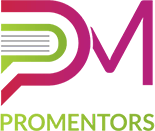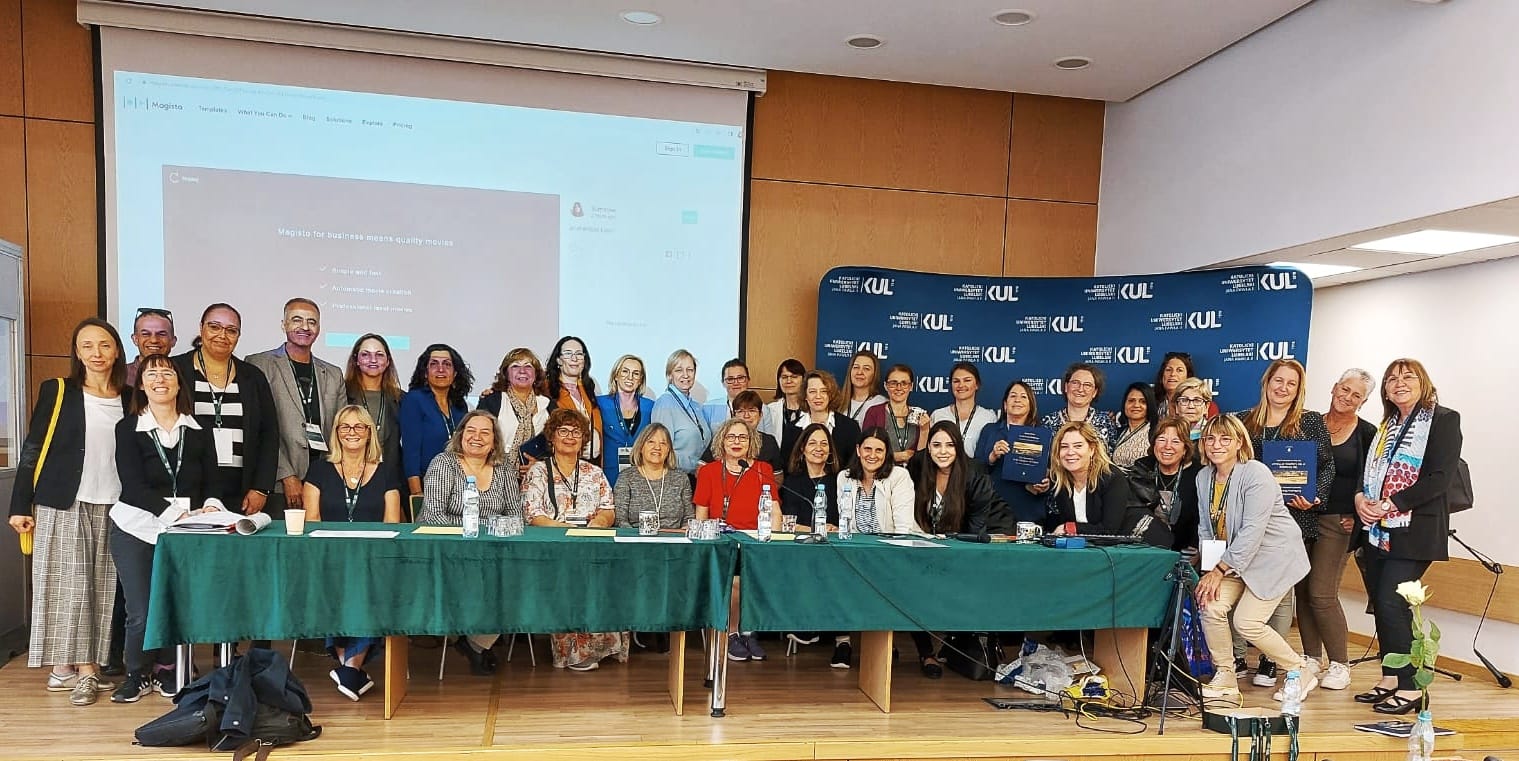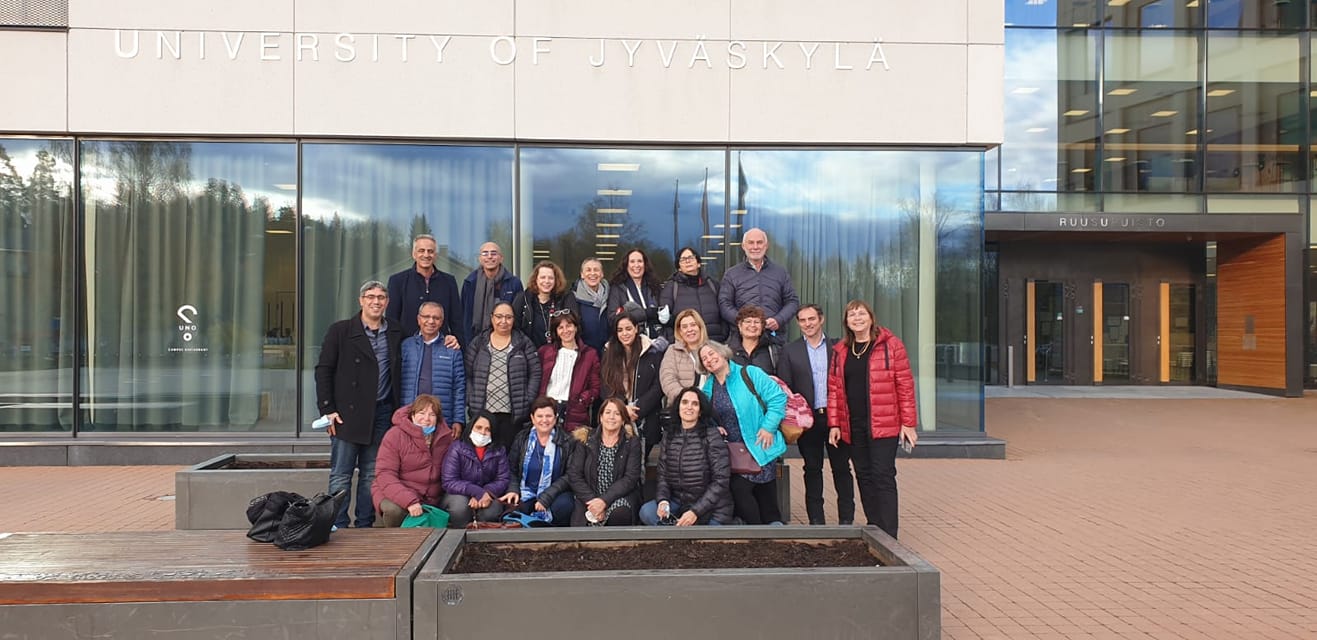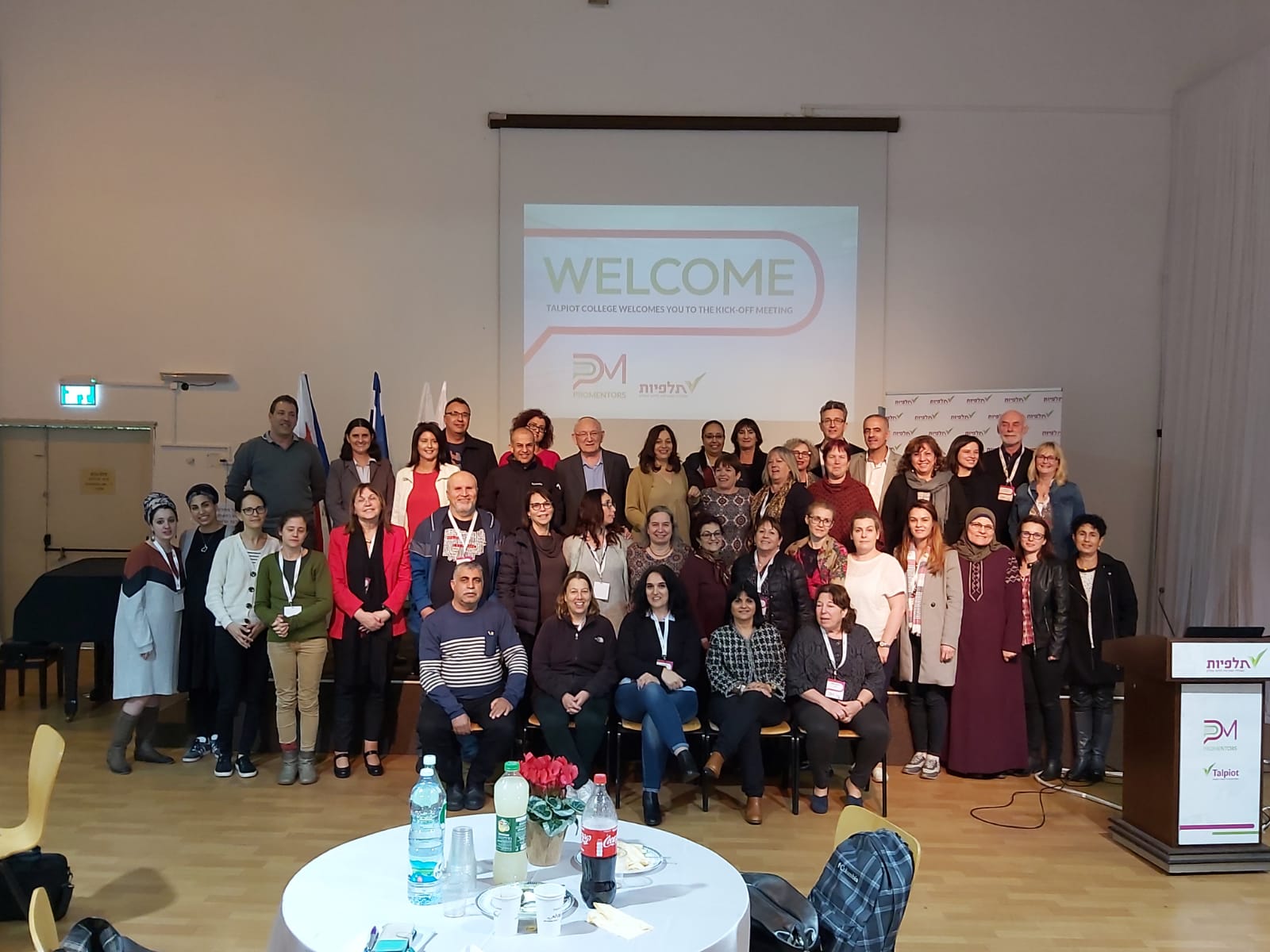Promentors partners from both Europe and Israel presented, chaired and were discussants in a symposium developed and convened by Professor Hannu Heikkinen (a partner of Promentors) during the ECER 2022 (in person) and ECER Plus (online) conferences.
The symposium presented research on practices of induction and mentoring of new teachers in Europe and Israel. It was organized as a set of four sessions, the first two were held at the ECER 2022 conference in Yerevan and the last two at the subsequent ECER PLUS (online). The presentations offered the participants diverse insights into the practices of mentoring and induction in different countries. This diversity is an “ecology of practices, where induction and mentoring practices live within other educational and social practices, forming a living, dynamically evolving whole, as presented by Professor Heikkinen .The four-part symposium was an excellent opportunity for the partners to share with educators from throughout Europe the goals and achievements of the Promentors project and its influence in the field of mentoring in Israel, as well as to learn from other educators about their insights and practices.
On Wednesday, August 24th, 2022, the first part of the symposium focusing on ‘Ecologies of Teacher Induction and Mentoring in Europe’, chaired by Professor Heikkinen and with Ms. Marsha Hachmon (a partner of Promentors) as discussant, exposed the projects European peers to important aspects of ecologies and ecosystems in education and mentoring and their connections to the Promentors project. Hannu began with a theoretical overview of the theory of ecologies which is a basis for the project. Our Nordic counterparts presented their perspectives and practices in mentoring and the induction period. Dr. Reuma de Groot (a partner of Promentors) concluded with a presentation of mentors’ perceptions on mentoring within the school and the Special Local Conditions. The session incorporated dynamic interaction among the participants focusing on insights gained from the presentations and discussion.
The second part of the symposium on the same day, chaired by the Danish educator Dr. Helle Plauborg and with Dr. Reuma de Groot as the discussant, introduced Israeli and European conditions of mentoring, including their connection to educational ecosystems. The second session began with a joint presentation by Nordic educators focusing on the various methods and ecosystems of mentoring in the Scandinavian countries. Marsha Hachmon presented how the Promentors European mentoring models have become a catalyst for change for pre-service practical training, both within the specific context of her college but also at the national level in Israel.
Professor Haya Kaplan (a partner of Promentors), presented how the Multiple Players Induction Team Model (MIT) in Israel incorporating systemic intervention based on the Self-determination theory and practices has positively impacted the success and retention of new teachers in the Bedouin communities in the south of Israel.
The third session (online) continued the presentation of Israeli mentoring research and examined the importance of mentor training in Norway and provided an overview of mentor teachers’ knowledge and practices in Sweden. Dr. Rinat Arviv Elyashiv (a partner of Promentors) presented research implemented at the national level of Israeli mentoring as a route for professional development for teachers. Swedish educators continued with a presentation on growing through mentoring, using an activity-based inquiry into mentor teachers’ knowledge and practices. The session continued with a Romanian presentation, given by Dr. Mihaela Mitescu Manea (a partner of Promentors) of affective geographies of success and failure during professional induction, focusing on the beginning teacher’s perspective. Dr. Ewa Domagała-Zyśk (a partner of Promentors), from Poland continued with the research on parents’ role in the mentoring process of new teachers in Poland. The final presentation was given by our Dutch counterparts on the Dutch ecology for supporting beginning teacher professional development.
The fourth and final part of the symposium presented research on ecologies of induction and mentoring in Malta, Scotland and Austria
The contribution of the Promentors partners in the planning, presenting and leading of the symposium was influential and successful in exposing and sharing with European educators the research and practices of the Promentors project and its impact on Israeli mentoring of beginning teachers within the national educational ecosystem.





